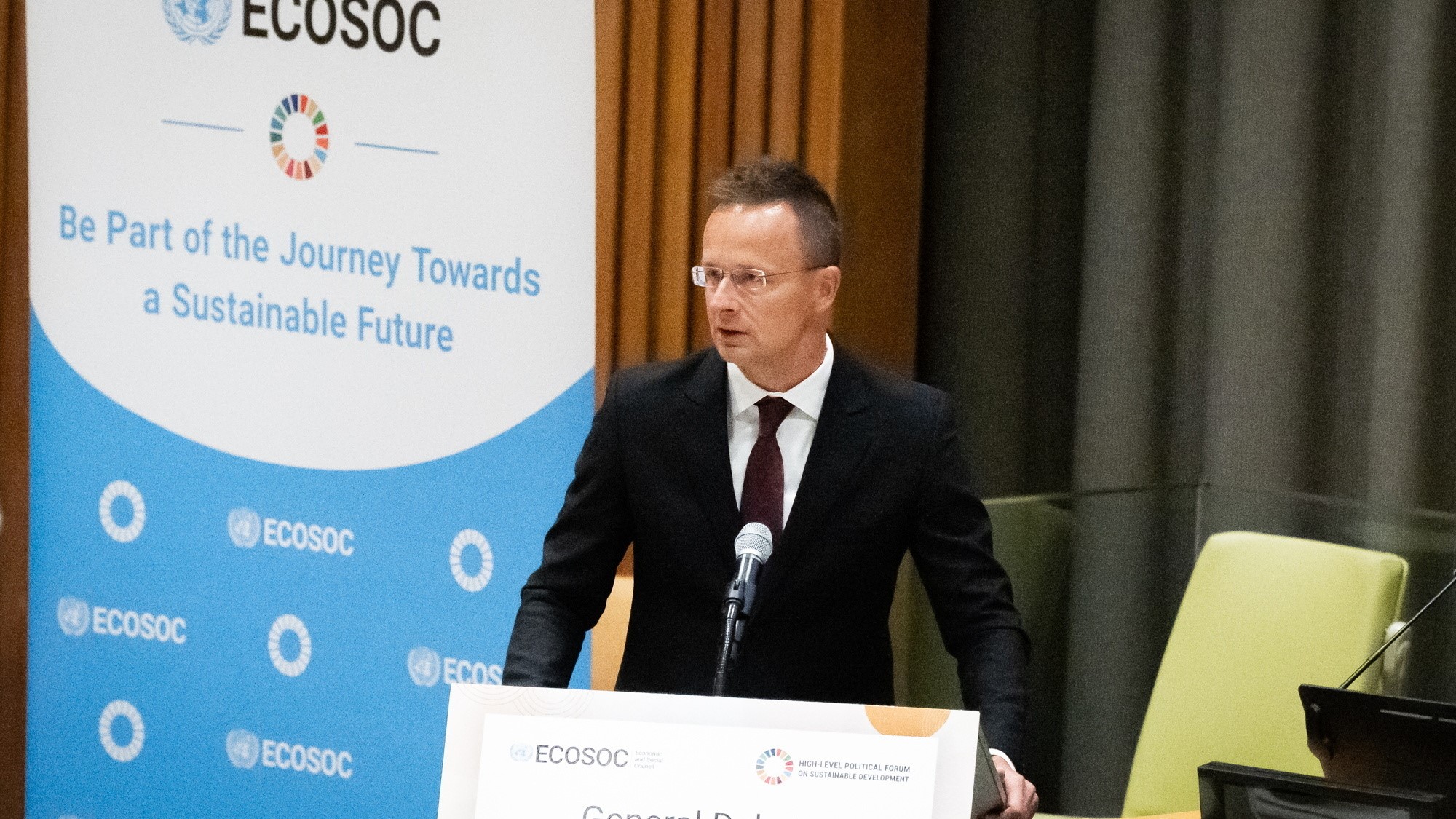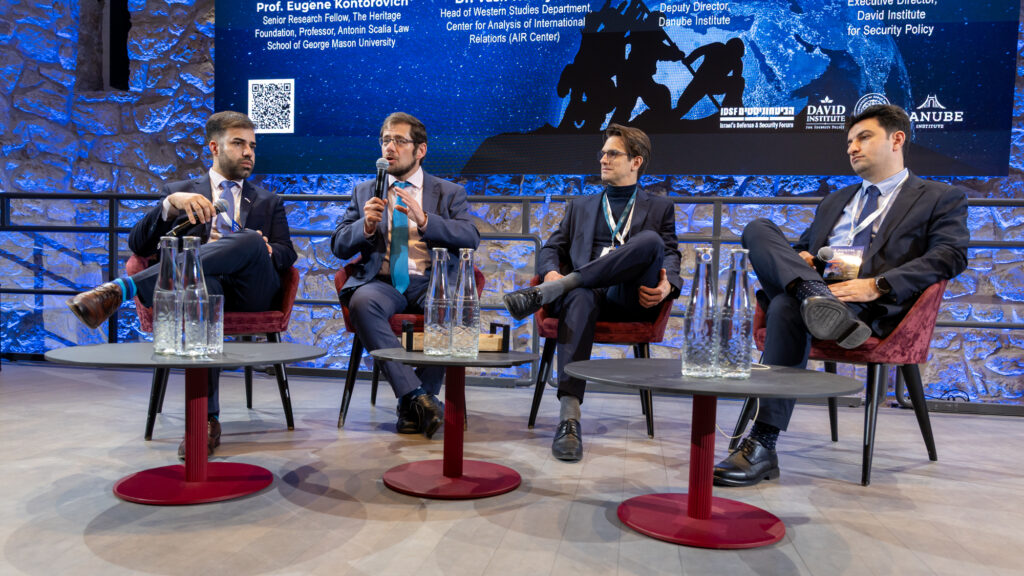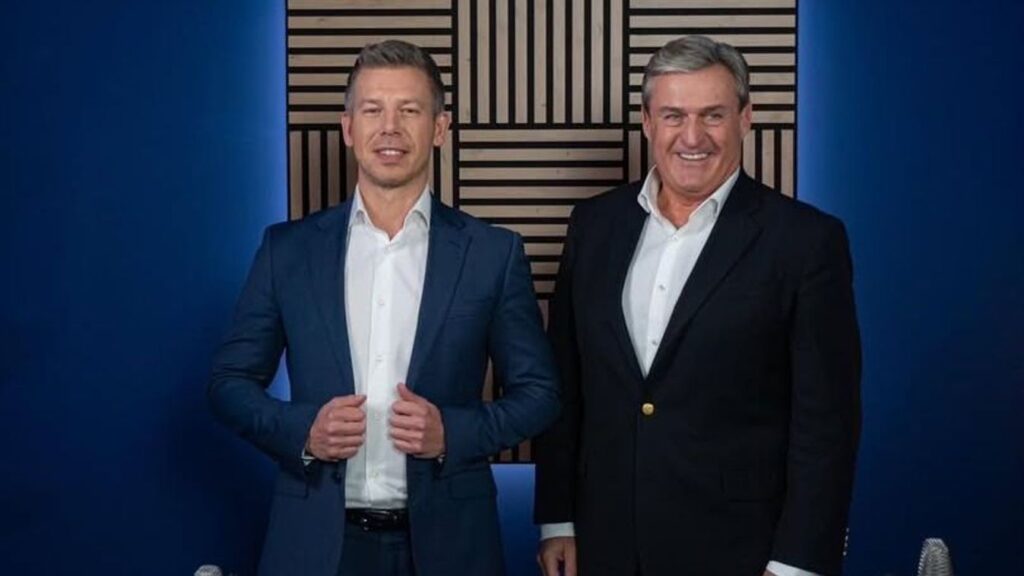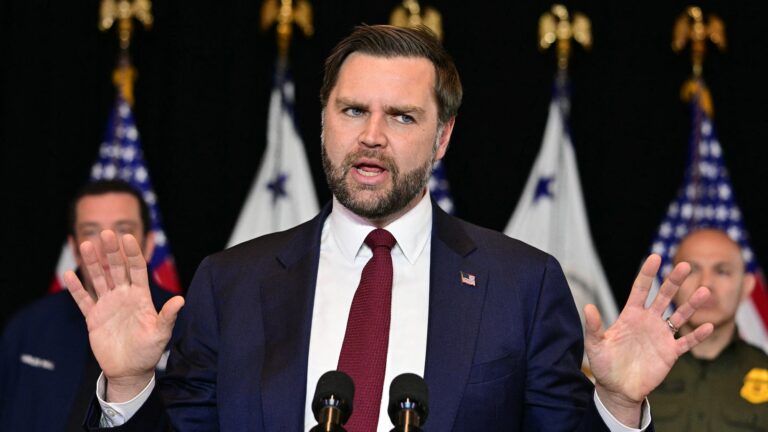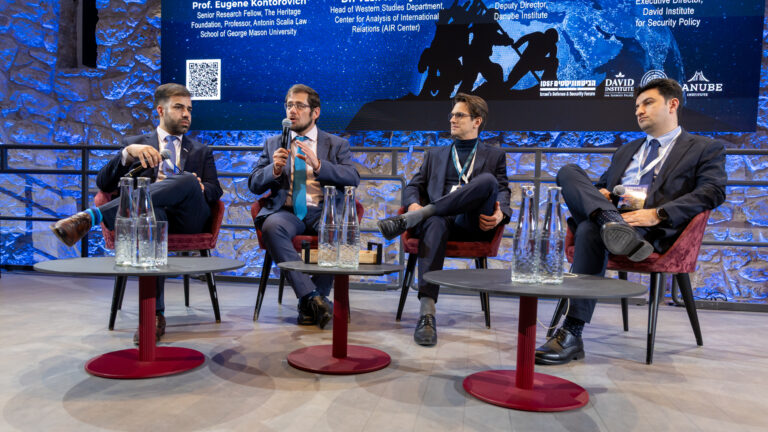Hungary has regained a priceless historical manuscript stolen decades ago from Budapest, thanks to the cooperation of the New York District Attorney’s Office. The document, Nervus Opticus Sive Tractatus Theoricus, written in 1675 by Jesuit scholar Zacharia Traber, was ceremoniously handed over in New York on Wednesday to Foreign Minister Péter Szijjártó.
‘This irreplaceable piece of Hungarian heritage has finally come home,’ Szijjártó said after receiving the manuscript. He thanked US authorities for making the restitution possible, emphasizing the shared respect between Hungary and the United States for history, tradition, and cultural preservation.
According to the minister, this is the first known case of a stolen Hungarian antiquity being recovered with the direct involvement of the New York District Attorney’s Office, a gesture he called deeply appreciated and symbolically significant.
In his remarks, Szijjártó used the occasion to highlight the broader context of Hungarian–American relations, describing the United States as a vital partner in foreign policy. ‘Every country must prioritize its relationship with the US, and for Hungary, this partnership has seen both highs and lows in recent years,’ he noted.
He welcomed what he described as a new ‘golden era’ in bilateral ties following the inauguration of President Donald Trump, characterized by mutual respect and cooperation rather than criticism or finger-pointing. ‘We see each other as friends and allies, and this new approach has already brought tangible results for both sides,’ he said.
One such result, Szijjártó highlighted, is the growing interest of American companies in Hungary. Several major investment announcements have been made in recent weeks, further solidifying the US as the third-largest foreign investor in the country, with around 1,500 companies employing over 100,000 Hungarians.
The minister also touched on a symbolic achievement in space cooperation, referencing the recent mission of Hungary’s second astronaut to the International Space Station, a mission led by an American commander. ‘Earlier this year, we already felt that the sky was the limit for Hungarian–American collaboration. And now we’ve gone beyond even that,’ he said.
Closing his remarks, Szijjártó reflected on the challenges facing transatlantic relations and global politics, but emphasized the shared historical values that continue to bind Hungary and the US.
‘We Hungarians and Americans share a deep-rooted commitment to freedom, independence, and sovereignty,’ he said. ‘Throughout history, we’ve often fought for these ideals, and often, we’ve supported each other in doing so.’
Related articles:

